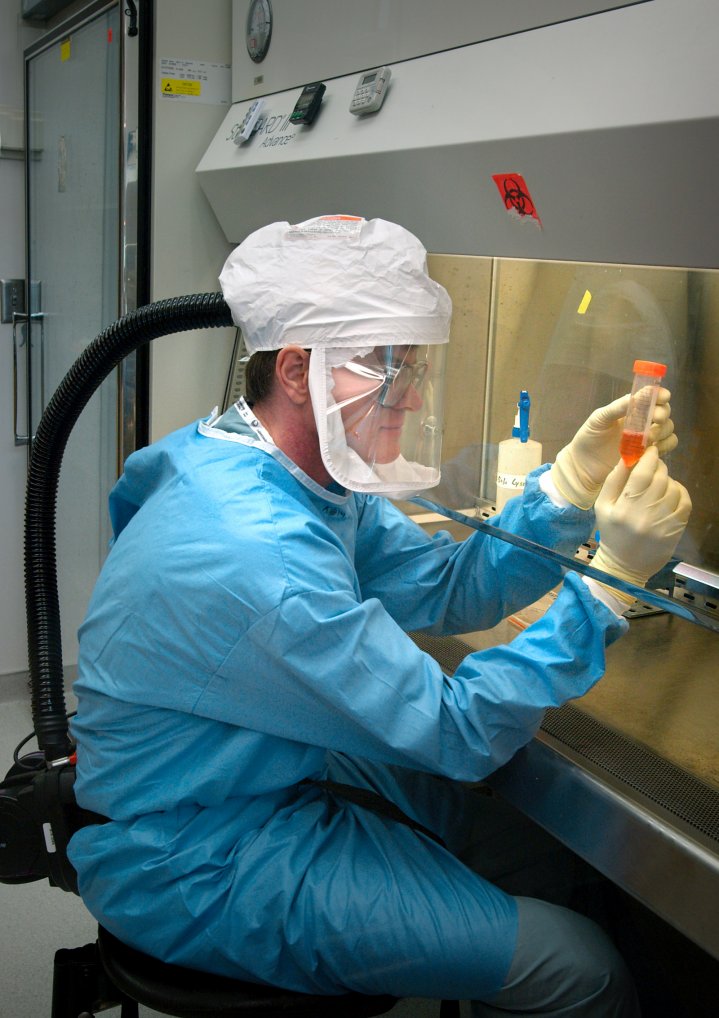The World Health Organization too now has extended its support to the dangerous challenge trials that aim to find a vaccine for COVID-19 by infecting healthy volunteers with coronavirus.
WHO has given its approval provided the participants are aged 18-30 and are fully aware of the risk they are taking. The recently released new WHO guidelines list down eight criteria for the ethical acceptability of COVID-19 human challenge trials.

The World Organization is of the view that the controversial and dangerous challenge trials will "accelerate vaccine development, (b) increase the likelihood that the most effective (candidate) vaccines will ultimately become available), (c) validate tests of immunity, and (d) improve knowledge regarding SARS-CoV-2 infection and transmission."
The challenge trails have been used in the past for developing better vaccines for malaria, typhoid, and flu but the catch is that in these cases, there did exist a treatment that could be made available to the volunteer in case if he or she fell severely ill.
But in the case of coronavirus that causes COVID-19, till now there no safe dose or even a sure shot treatment that could save the volunteer's life, if the vaccine trial goes horribly wrong.
With the coronavirus pandemic showing no sign of abetting, WHO has joined the increasing chorus of scientists who agree that the challenge trials are necessary.
The WHO lists eight criteria that would need to be met for the approach to be ethically justified, including restricting participation to healthy people aged 18-30 and fully informed consent.
"Although more data will help to clarify relevant risks, current estimates suggest that participation in SARS-CoV-2 challenge studies would be least risky for young healthy adults.
"In those aged 18–30 years (whether healthy or not), hospitalization rates for COVID-19 are currently estimated to be around 1% and fatal infection rates around 0.03%," the WHO said.
Professor Andrew Pollard, who is leading the coronavirus vaccine trials at the University of Oxford's Jenner Institute, told The Guardian that there was a "huge interest" over the challenge trials and the possibilities it offers.
"At the moment, because we don't have a rescue therapy we have to approach challenge studies extremely cautiously," said Pollard. "But I don't think it should be ruled out because, particularly in a situation where it's very difficult to assess some of the new vaccines coming along because there's not much disease around, it could be one of the ways we could get that answer more quickly."
In the US too, the support for the challenge studies have seen a spike where campaign group -1DaySooner set up a website to demonstrate public support, had over 14,000 volunteers from 102 countries signing up to volunteer as subjects for challenge trials.









